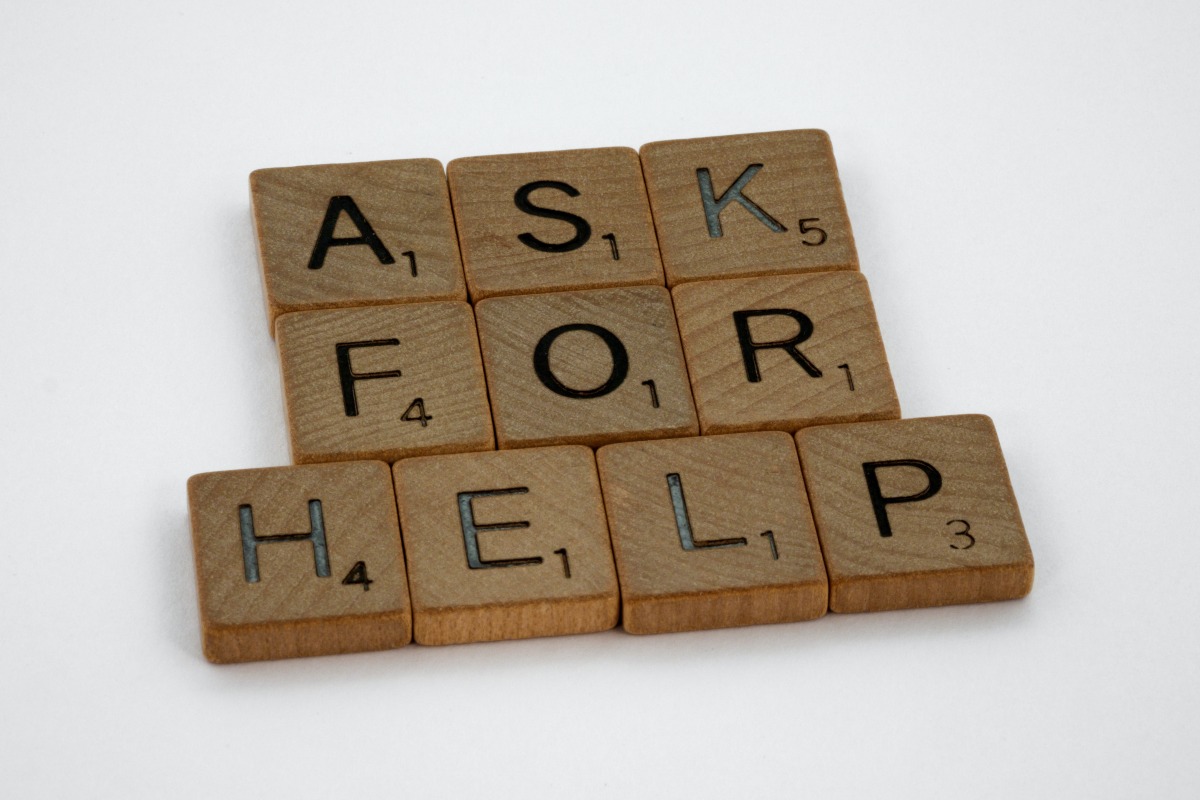
There is no question that alcohol and other drugs impair an individual’s ability to drive. Still, many people may operate a vehicle under the influence of chemical substances because they believe themselves sober or safe enough to do so. Driving under the influence is unsafe for you and everyone else on the road and can result in harsh legal penalties for a good reason. If you have recently received a DUI, however, it is important to reflect on the things in your life that led you to decide to drive under the influence. Then, it is essential to lean into treatment and support resources to help you get your life back on track.
What is a DUI?
A DUI stands for driving under the influence. Depending on the state that you reside in, a DUI may be used synonymously with driving while intoxicated (DWI) and operating while intoxicated (OWI).
Many people believe they may only obtain a DUI if their blood-alcohol concentration (BAC) is 0.08% or higher while driving. However, it is essential to understand that anyone can be charged with a DUI even if their BAC is less than 0.08%. When a breathalyzer identifies a person to have a BAC at the level of intoxication, it typically means that there is no other evidence necessary to prove that a driver is impaired.
Legal penalties will also depend on the state that you live in. The most common penalties for receiving a DUI include:
- Jail time
- Community service
- Fines
- License suspension
- Installation of an ignition interlock device
- Loss of home
- Loss of job
I just received a DUI. What do I do next?
Receiving a DUI can be incredibly overwhelming. As a charge like this can cause significant impacts on your life, the next steps you choose can make all the difference in your healing and safety moving forward.
Leave jail responsibly.
More likely than not, your license will be suspended after receiving a DUI. If you are taken to jail, you may have to stay there overnight or until you are completely sober. One of the first things you should consider is having a family or friend pick you up from jail. You do not want to risk driving home and receiving another ticket.
Know your court date.
Once you receive a DUI charge, you will be given a court date to appear in court to discuss your case. It is imperative that you prioritize this court date. Forgetting, dismissing or not showing up for court can cause you to face more severe legal consequences. Ensure that you have no conflicting responsibilities on the day you appear for court.
Speak with an attorney.
While having an attorney is not always necessary, certain circumstances may recognize an attorney’s use as valuable. The most obvious of these will be if you intend to plead not guilty when you appear in court. For example, you may not have had one drink the night you were convicted, and you believe that the breathalyzer was faulty or that your anxiety had gotten the best of you during your field sobriety test. Whatever the case, if you believe an attorney would be beneficial, contact one as soon as possible.
Recognize your need for treatment.
If you are found guilty of the DUI you have been convicted of, there should be no further evidence necessary to recognize your need for substance use treatment. Regardless if this was your first DUI or your third, there is never a valid reason to be driving under the influence of alcohol or other drugs.
One of the most challenging parts about receiving a DUI is finally realizing your loss of control over substance use. Although coming to terms with your substance use problems can be uncomfortable, it truly is a step in the right direction for long-term healing.
Seek out treatment resources.
It may help to realize that you are not the first person to have experienced this. You do not have to identify as a bad person, either. Instead, you must recognize that you will benefit significantly from professional substance use and mental health treatment. Seek treatment resources to prevent the experience of receiving another DUI again.
Every treatment center offers different treatment interventions. For example, some facilities may provide residential/inpatient treatment, while others may only offer outpatient treatment. Similarly, some facilities may provide specialized therapies to treat specific conditions, while others may offer holistic or complementary treatment modalities as a whole-person approach to treatment. You can receive a professional evaluation from your primary care physician, as well as any treatment facility, to get a grasp on your own treatment needs and goals.
Treatment will help you to explore your underlying reasons for your substance use. Therapy will help you manage and overcome these reasons so that you do not have to self-medicate with substances any longer. Treatment will also help you discover connections between your thoughts and behaviors and ultimately lead you to live a more fulfilled life without alcohol and other drugs.
A DUI does not have to be a sign of failure. Instead, view it as a sign of your intense need for treatment and recovery.
Associated Behavioral Health Care (ABHC) is a mental health and substance use treatment facility that recognizes the challenges involved with DUI charges. We offer court-ordered DUI evaluations to help you realize whether or not substances are a problem in your life. We also offer several treatment programs and interventions to help you get your life back on track. To learn more about our treatment options, call us today at (844) 335-7384.
